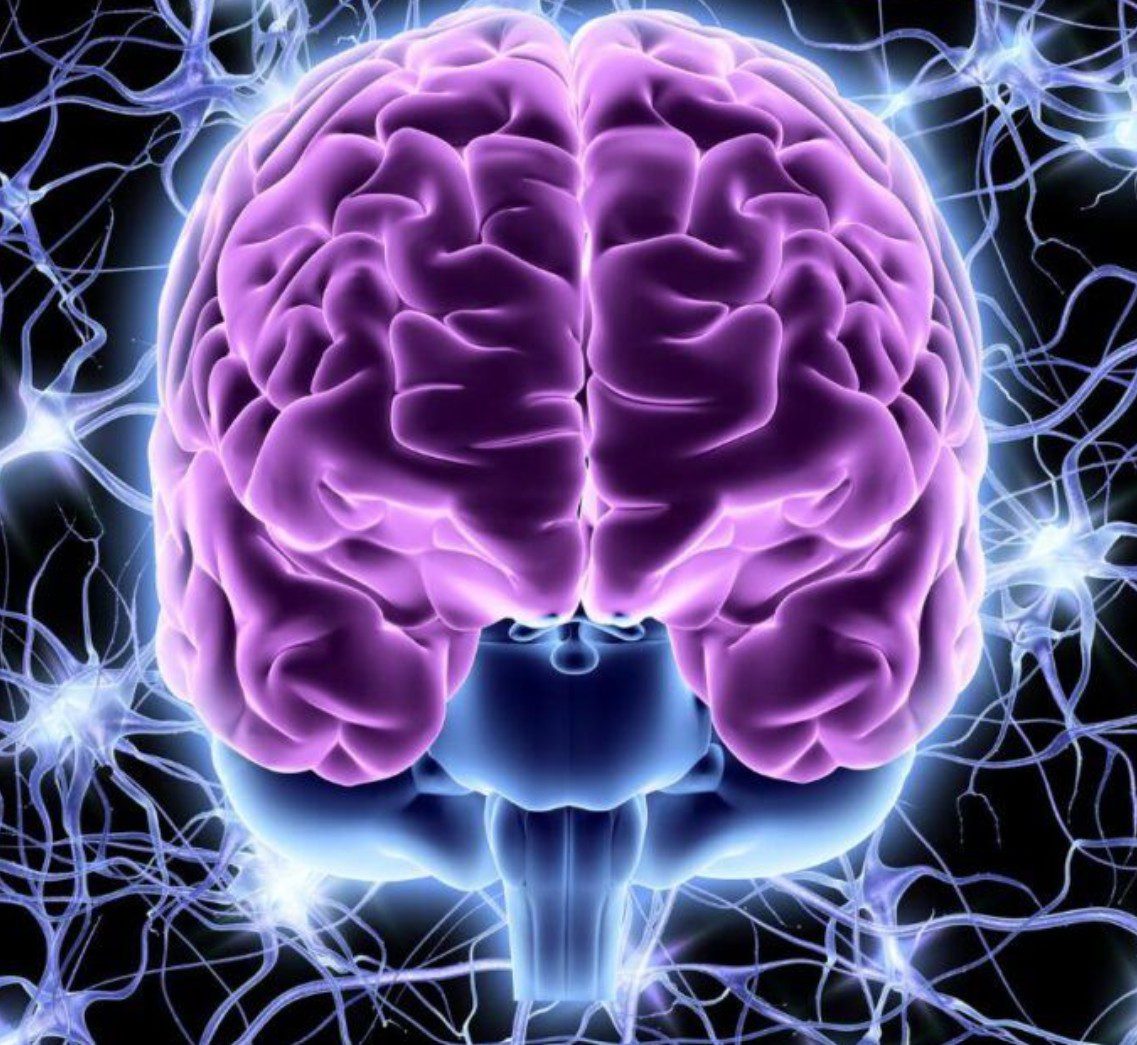Neuroplasticity refers to the brain’s capacity to change and adapt in response to new experiences, learning, or injury. This adaptability is essential for cognitive development, skill acquisition, and recovery from neurological damage.
Cannabis Compounds and Brain Function
Cannabis contains numerous compounds, with THC (tetrahydrocannabinol) and CBD (cannabidiol) being the most studied. These compounds interact with the endocannabinoid system (ECS), a network of receptors and neurotransmitters that regulate various physiological processes, including mood, appetite, and memory.
THC’s Impact on Neuroplasticity
THC, the psychoactive component of cannabis, binds to CB1 receptors in the brain, influencing neurotransmitter release. Some studies suggest that THC can impair short-term memory and cognitive function, particularly with heavy or prolonged use. However, other research indicates that low doses of THC may have neuroprotective effects, potentially aiding in neurogenesis—the creation of new neurons—in certain brain regions.
CBD and Neurogenesis
CBD, a non-psychoactive compound, has garnered attention for its potential therapeutic benefits. Research indicates that CBD may promote neurogenesis and support synaptic plasticity, possibly offering benefits for conditions like anxiety, depression, and neurodegenerative diseases. Unlike THC, CBD does not produce a «high,» making it an attractive option for therapeutic use.
Astrocytes and the ECS
Recent studies have highlighted the role of astrocytes—star-shaped glial cells in the brain—in mediating the effects of cannabinoids on neuroplasticity. These cells, through their interaction with the ECS, may influence synaptic function and plasticity, further underscoring the complexity of cannabis’s impact on the brain.
Considerations and Future Directions
While emerging research offers promising insights into the relationship between cannabis and neuroplasticity, it’s essential to approach these findings with caution. The effects of cannabis compounds can vary based on dosage, individual physiology, and the presence of other health conditions. Further studies are needed to fully understand the mechanisms at play and to develop targeted therapies that harness the benefits of cannabis while minimizing potential risks.
As our understanding of the ECS and neuroplasticity deepens, cannabis may offer novel avenues for supporting brain health and treating neurological disorders. However, responsible use and continued research are paramount to unlocking its full potential.

